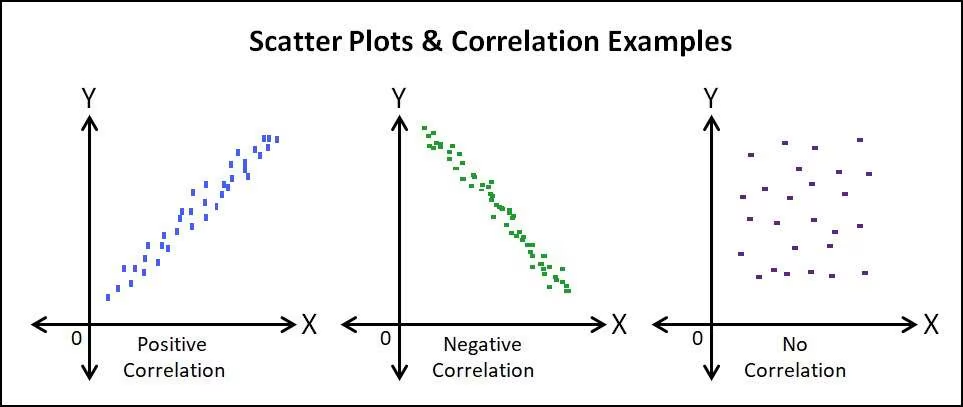Psych 100 - Unit 1 - Research Methods
1/35
There's no tags or description
Looks like no tags are added yet.
Name | Mastery | Learn | Test | Matching | Spaced | Call with Kai |
|---|
No study sessions yet.
36 Terms
Empirical
grounded in objective, tengible evidence, observed time again, regardless who
Positivism
knowledge must be based on what can be perceived (5 Senses)
Post - Positivism
not based on irrefutable observable grounds, somewhat speculative, provide relatively solid grounds for these speculations
Constructivism
researches job to understand multiple constructions of meaning & knowledge, using multiple sources; participants construct reality with the researcher
Systematic
Steps
Skeptical
You want to know a bit more
Ethical
Making things Well
Theory
well-developed set of ideas that propose an explanation for observed phenomena. The way we think the world works.
Attachment Theory
Primary caregivers bonding to infants allow child to develop a sense or security. Biological and physiological response.
Inductive
Observation → Generalization → Theory
Deductive
Theory → Predictions → Experiment
Research Methods
Way of testing a hypothesis or exploring a research question
ExPLANatory Research
knowing enough you can explain it
ExPLORatory Research
looking for information, don’t know enough
Reliability
all methods should be reliable, always there similar result each time you do it
Validity
all methods should be valid, measure what it is intended to measure, no extraneous results
Question vs. Hypothesis
Just a question vs. prediction or statement
*OPERATIONAL DEFINITION*
description of a property in concrete terms (What you are measuring)
Falsifiability
Can either confirm or deny “not confirm” if a hypothesis is correct
Experiment
carefully regulated procedure, one or more factors believed to influence the behavior being studied are manipulated and all other factors are held constant.
Hallmarks of an Experiment
Random Assignment, Control Group, Manipulation of Independent variable
Random Assignment
assigned to different experimental and control groups on the bases of chance and chance alone
Between Participants Design
me and you, different but equal, 2 or more groups
Within Groups Design
all participants are exposed to the experiment design, repeated measures design, 1 group *counterbalancing
Single Blind
One of the groups are aware (experimentor)
Double Blind
Participants AND researchers are not aware
Experimenter effects/bias
research expectations skew the results of study
Correlation vs. Causation studies
strength + direction, closer to 0=weak, closer to (- or +) 1=stronger

CORRELATION
DOES NOT EQUAL CAUSATION
Illusory Correlation
seeing relationships between two things that don’t actually have correlation
Research Misconduct
Conflicts of Intrest
Skeptical
suspending judgment
backed by INSUFFICIENT evidence or by data that has been improperly collected, are not relevant
Ethics
IRB (Institutional Review Board)
Protect research subjects, investigators, & institution
Respect for Persons
get a choice of participating or not provided sufficient info
has mental competence to make choice
2 consents for under 18
must be free to end participation w/out consequences
INFORMED CONSENT
Beneficence
Minimizing Risk of harm & maximizing possible benefits
sensitive research
deception
Justice
Distributing Benefits & Burden on Research
Equitably Distributed
No individual is exposed to risk or harm